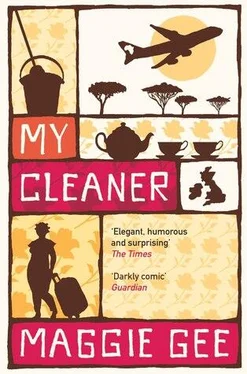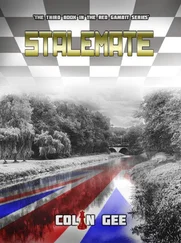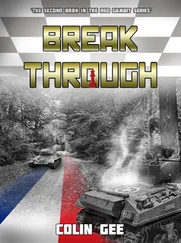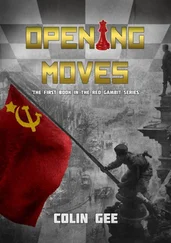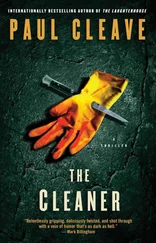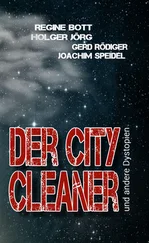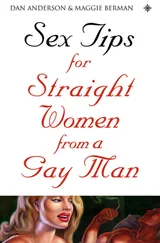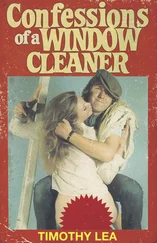Vanessa’s last, unreal memory is of saying goodnight to Lucy’s daughter Serena, who is trying to apologise to her. “I do hope Miss Tomlinson wasn’t a bore. When she is drunk, she does tend to swear. She’s been very bitter since her girlfriend left.”
“Oh she can fuck off,” Vanessa shouts, cheerily. Serena stares at her, appalled.
Then begin the long trials of sobering up.
In the early morning, her head spinning with wine, many things she has forgotten come back to Vanessa. How often she missed school to look after her mother. How once when Miss Tomlinson was her form mistress, Vanessa went to school late with her nails raw and bleeding because her mother had begged her to bleach the kitchen. How she never went on trips. There was never the money. She would watch the others setting off, excited.
And yet, she got to Cambridge. That was really something. The only girl ever from this village.
It wasn’t nothing. It was surely something. Even if her novels weren’t any good…
No good, no good. Her life was no good. She hadn’t been good to her son, or her husband.
your novels are hardly fucking Proust .
The words come back to her, at three, at four.
When Vanessa finally starts to nod off, Mary starts snoring with imperial grandeur, then runs her feet in the bed like a hamster, until Vanessa says loudly, “ Shush ”, when Mary says, puzzlingly but distinctly, “I’m sorry, Justin,” turns over and farts, so obviously she is fast asleep.
It is a loud and very smelly fart which makes Vanessa burn with indignation. Somehow it seems to smell of Africa, and everything she doesn’t like about Mary. In any case, the fart has staying power; it is salty, peppery, meaty and fatty as all the sausages and bacon at the party. Perhaps that makes it an English fart. Why didn’t Mary do it before she turned over? The line of her cheek almost seems to be smiling. After that it is even harder to sleep.
It is an odd sensation, waking up with Mary. The first night they arrived, Vanessa was so tired she had slept dreamlessly through until morning, then got up hastily and put her face on before Mary could wake and see her, pallid. But the day after the party, Vanessa jerks awake with a thumping headache at half-past nine, and Mary has got up and drawn the curtains, so the morning light blazes full in her eyes. Vanessa is aware she must look dreadful. Mary stands peering down at her. She is dressed, and her eyes and teeth gleam white. She looks big and healthy. She has lipstick on.
“Good morning, Vanessa,” she almost sings. “Have you slept well? Did you like the party?”
“So you’re off today,” whispers Uncle Stan, at breakfast. Aunt Isobel has gone to see off the grandchildren, so Vanessa finds herself cutting up his toast, and feeding it, patiently, morsel by morsel, in through her uncle’s trembling jaws. There is a cavern of blackness behind his false teeth. He dribbles, slightly, from the corners of his mouth. She tells herself she is glad to do it. It makes her feel better, after last night. She is being useful, as a niece should be, and she’s never known what to do for him, she’s never done anything for her family, she left them behind, all the aunts, the uncles, her elderly parents, her school, her friends…Mary is watching her from the doorway. There is an odd moment when their eyes meet. Vanessa has a moment of deja vu , remembering how Mary used to sit and feed Justin, when he was little, spoon after spoon.
“You should take your friend to see where you lived,” Stan wheezes, as Vanessa gets the last bit in, and then he coughs it out again. She picks up his coffee, and tests it for heat. “Still standing, I hear. Just about. Apparently they’re going to demolish them all. All the old tied farm cottages. Wouldn’t mind a last look myself.” But he knows he will not get to the village again. What would that mean, to be imprisoned?
“Odd to think we never owned that house,” says Vanessa.
“Oh no. It was one of your mother’s complaints, that he never paid for the roof over your heads. But of course that’s how it was with farm workers. That was how they paid them, with those old tied cottages.”
“I don’t really know if I can bear to see it,” says Vanessa, wiping her uncle’s chin. “Maybe we should get off back to London.”
“Vanessa, I think we should visit your home,” says Mary, and comes round and pats Vanessa’s shoulder. Vanessa sits passively and lets Mary touch her.
“Vanessa, I will drive us. I think you are tired.”
“Of course not, Mary. I must have exercise.” And, just like that, she is Vanessa again.
And they do walk, although the car’s already packed, and Mary has found the errant glasses in her pocket, and actually popped them on her nose to prove it, little gold moonlets that make her look younger.
The cottage is along the old main road. Vanessa sets off at a swinging pace, plunging off the lane into the river of traffic. “Don’t worry. There’s a pavement all the way,” she instructs Mary, who looks doubtfully at the dwindling strip of tarmac where they have to walk in single file. Mary hangs back behind Vanessa and watches the stick-like figure of her employer battling forwards in the autumn wind.
Though every so often, Vanessa half-turns and gives a boisterous ‘thumbs up’ of encouragement, the truth is, she isn’t enjoying this either. The tarmac is cracked and overgrown with weeds. Every two seconds, another loud vehicle screams past her shoulder, and the air buffets her. At first the hedge on their left looks pretty, scattered with red hawthorn berries, fat wild rose-hips, old man’s beard and the last blackberries, but within a few paces it becomes her enemy, reaching out thick savage tentacles of bramble that block the pavement and wave towards the road, forcing Vanessa out into the traffic’s lethal slipstream. The brambles she manages to bend sternly forwards spring eagerly back and whip at Mary’s face.
Everywhere they see enormous notices. ‘SLOW THROUGH THE VILLAGE’, ‘40’, ‘SLOW DOWN’, and one forlorn THANK YOU FOR DRIVING CAREFULLY’. But in fact all the cars are doing 70 or 80, and Mary, sullenly bringing up the rear, fervently wishes that she could join them, that she could be part of this giant rally that cuts the English fields in two, instead of a tiny, deafened walker with snakes of vegetation clutching at her ankles.
Now Vanessa has turned, and her mouth is opening, and she is pointing and shouting something, but a full-tilt, cliff-high furniture van carries her words away into the future.
“Over there!” Mary finally makes out, and with that Vanessa darts with staccato urgency into a narrow gap in the traffic, and reemerges, to the squealing of brakes, across the road by some kind of hut. Taking her time, to express her disapproval of this whole life-threatening manoeuvre, Mary picks her way across to join her.
“This is where I grew up,”, says Vanessa. Not looking at her, looking at the ground. The place is half-boarded up, and half broken-into. Some windows are smashed, and some are nailed shut. But it is not possible, Mary thinks, Vanessa can never have grown up here. The walls are covered with purple graffiti, the same crude signs that she sees in London.
Whatever its present state might be, this house can never have been other than small. In fact, it is more like a hut than a cottage. The roof is low. The front door is mean. Even in Mary’s village, this would not be much.
The garden is half the size of where they have been staying, and it is entirely overgrown with weeds. There is the remains of a bird-house like Stan’s, but its wood has turned green, and bits of jungle throttle it. There is a pond, but it is full of dark leaves. Beside it, a rusted tangle of chicken-wire.
Читать дальше
